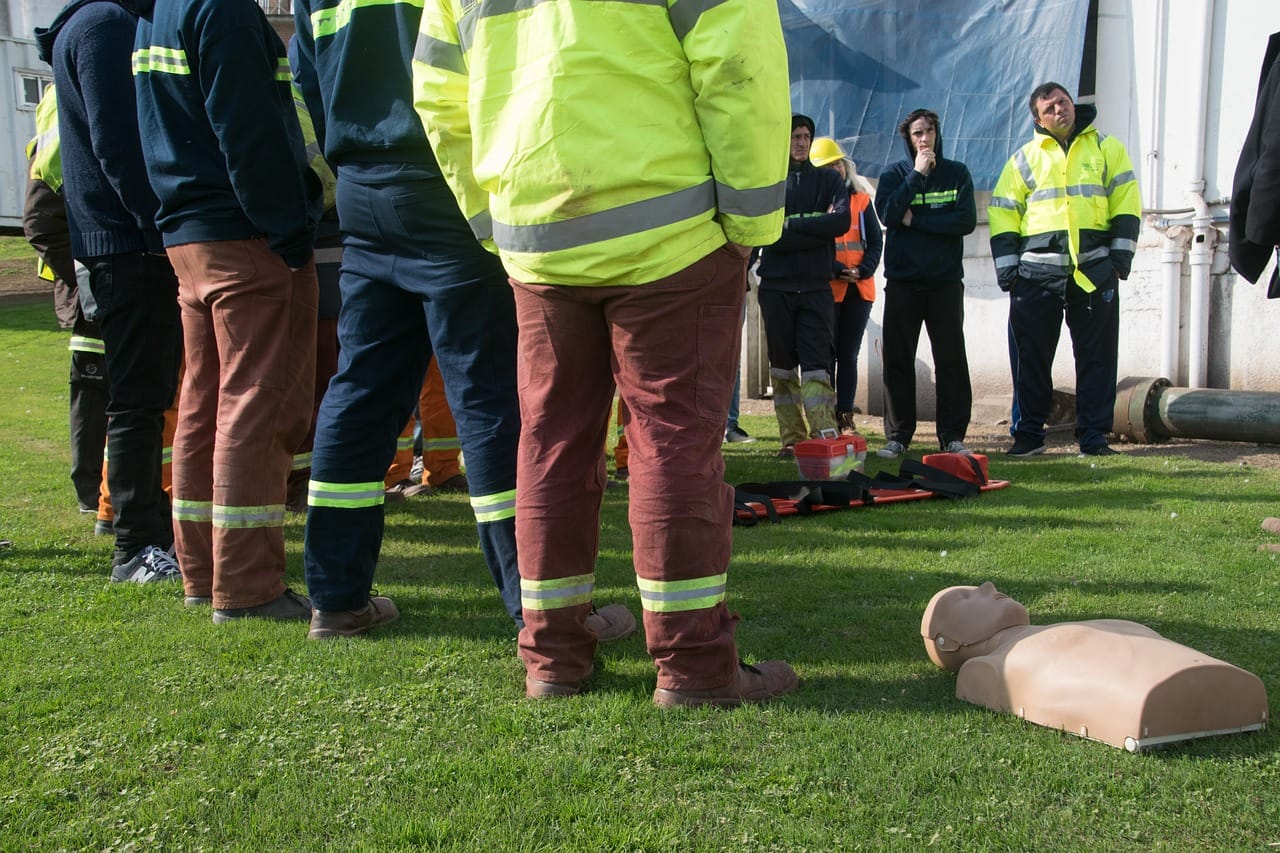Welcome to our blog post on tips for successful ACLS training. Whether you’re a healthcare professional looking to refresh your skills or a novice entering the medical field, Advanced Cardiovascular Life Support (ACLS) training is an essential step toward saving lives. However, mastering ACLS requires more than just attending the course. If you want to get an acls cert online, you should keep on reading. Here, we will provide you with valuable tips and insights on how to make the most out of your training experience.
Prepare in Advance
 One of the most crucial aspects of a successful ACLS training experience is proper preparation in advance. By taking the time to familiarize yourself with the course material and practicing key skills, you can approach your training with confidence and maximize your learning potential. Start by reviewing the ACLS provider manual or any online resources provided by your training institution. This will give you an overview of what to expect during the course and help you become familiar with important concepts, algorithms, and medications.
One of the most crucial aspects of a successful ACLS training experience is proper preparation in advance. By taking the time to familiarize yourself with the course material and practicing key skills, you can approach your training with confidence and maximize your learning potential. Start by reviewing the ACLS provider manual or any online resources provided by your training institution. This will give you an overview of what to expect during the course and help you become familiar with important concepts, algorithms, and medications.
Next, set aside dedicated study time leading up to your training. Break down the content into manageable sections and create a study schedule that works for you.
Review Basic Life Support (BLS) Skills
When it comes to ACLS training, one of the most crucial aspects is reviewing your basic life support (BLS) skills. BLS forms the foundation upon which advanced cardiac life support techniques are built. It’s essential to have a solid understanding and proficiency in BLS before moving on. During your ACLS training, take the time to refresh your knowledge of cardiopulmonary resuscitation (CPR), including chest compressions and rescue breaths. Practice proper hand placement and compression depth to ensure effective circulation during CPR. Remember that high-quality CPR can make all the difference in saving a patient’s life.
Participate Actively
 Participating actively during your ACLS training is crucial to getting the most out of the experience. By engaging fully in the various activities and scenarios, you will enhance your knowledge and skills in managing cardiac emergencies. One way to participate actively is by asking questions. Don’t be afraid to seek clarification or further explanation on any concept or procedure that you’re unsure about. Your instructors are there to guide you, so take advantage of their expertise.
Participating actively during your ACLS training is crucial to getting the most out of the experience. By engaging fully in the various activities and scenarios, you will enhance your knowledge and skills in managing cardiac emergencies. One way to participate actively is by asking questions. Don’t be afraid to seek clarification or further explanation on any concept or procedure that you’re unsure about. Your instructors are there to guide you, so take advantage of their expertise.
Another way to actively participate is by volunteering for hands-on practice. Whether it’s performing CPR or using an AED, don’t hesitate to step forward and demonstrate your skills. Not only will this give you valuable practical experience, but it also allows others in the group to observe and learn from your actions.
Collaborate with Peers
Collaborating with your peers during ACLS training can greatly enhance your learning experience. By working together, you can share knowledge and insights, ask questions, and practice skills in a supportive environment. Here are some tips for successful collaboration:
- Create a positive atmosphere: Foster an environment where everyone feels comfortable sharing their thoughts and ideas. Encourage open communication and respect each other’s opinions.
- Participate actively: Engage in group discussions, simulations, and case studies. Take on different roles within the team to gain a well-rounded understanding of ACLS protocols.
- Share resources: If you come across helpful articles, videos, or study materials related to ACLS, don’t hesitate to share them with your peers. This collective sharing of resources will benefit everyone involved.
- Practice scenarios together: Utilize the opportunity to work through different emergencies as a group. This hands-on practice allows you to learn from one another’s experiences and develop teamwork skills.
- Give constructive feedback: Provide feedback in a respectful manner that helps your peers improve their performance without discouraging them.
Remember, collaborating with your peers is not only beneficial for acquiring knowledge but also for building strong professional relationships within the healthcare community.

Conclusion
By following these tips for a successful ACLS training experience, you’ll not only gain valuable knowledge but also develop vital skills that can save lives in high-stakes situations. So go ahead – embrace this opportunity for growth and advancement in your medical career by investing time into mastering ACLS techniques! Your commitment to excellence will undoubtedly make a difference when it matters most – during those critical moments when someone’s life hangs in the balance.

